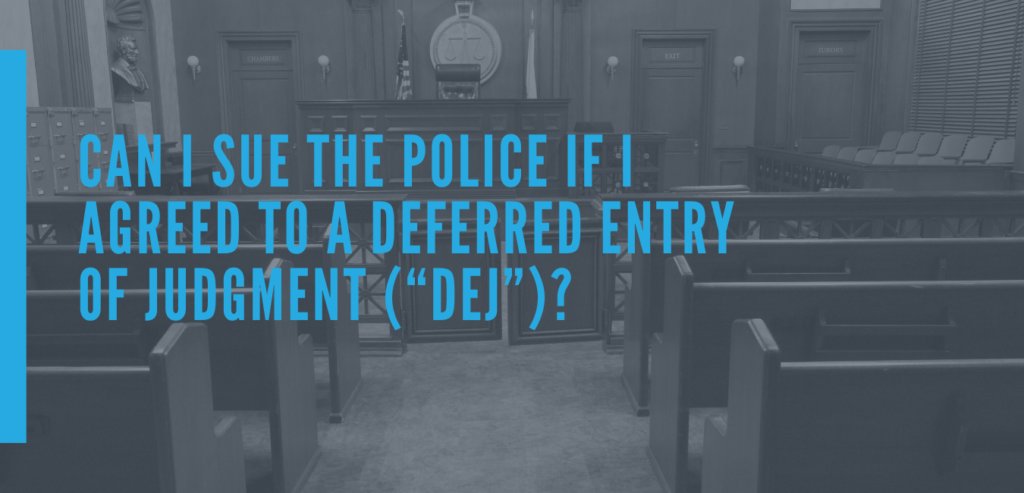The United States Court of Appeals for the Ninth Circuit issued an opinion in the case of Francisco Duarte v. City of Stockton, et al., reversing the district court’s dismissal of the plaintiff’s false arrest and municipal liability claims, as well as the adverse summary judgment on the excessive force claim. The court remanded the case for further proceedings.
The plaintiff, Francisco Duarte, had pled “no contest” to charges of resisting, obstructing, and delaying a peace officer, but the state court did not enter a judgment of guilt. Instead, the court held the acceptance of the plea in abeyance pending completion of certain conditions. After the completion of the conditions, the charges were dismissed on the prosecutor’s motion.
The district court dismissed Duarte’s false arrest and excessive force claims based on the Heck doctrine, which states that Section 1983 claims must be dismissed if they would require proving the unlawfulness of a conviction. However, the Ninth Circuit held that the Heck bar does not apply in this case because there was no actual judgment of conviction. The court also found that Duarte’s municipal liability claims against the City of Stockton and Stockton Police Department were improperly rejected, as California municipalities and police departments are considered “persons” under Section 1983.
The court concluded that the district court erred in dismissing the claims and remanded the case for further proceedings.
Have you agreed to a DEJ (deferred entry of judgement)? Contact us today for a free case consultation to help determine your next steps.
Read the Opinion:
Click here for the full opinion.
Watch the Oral Argument:

